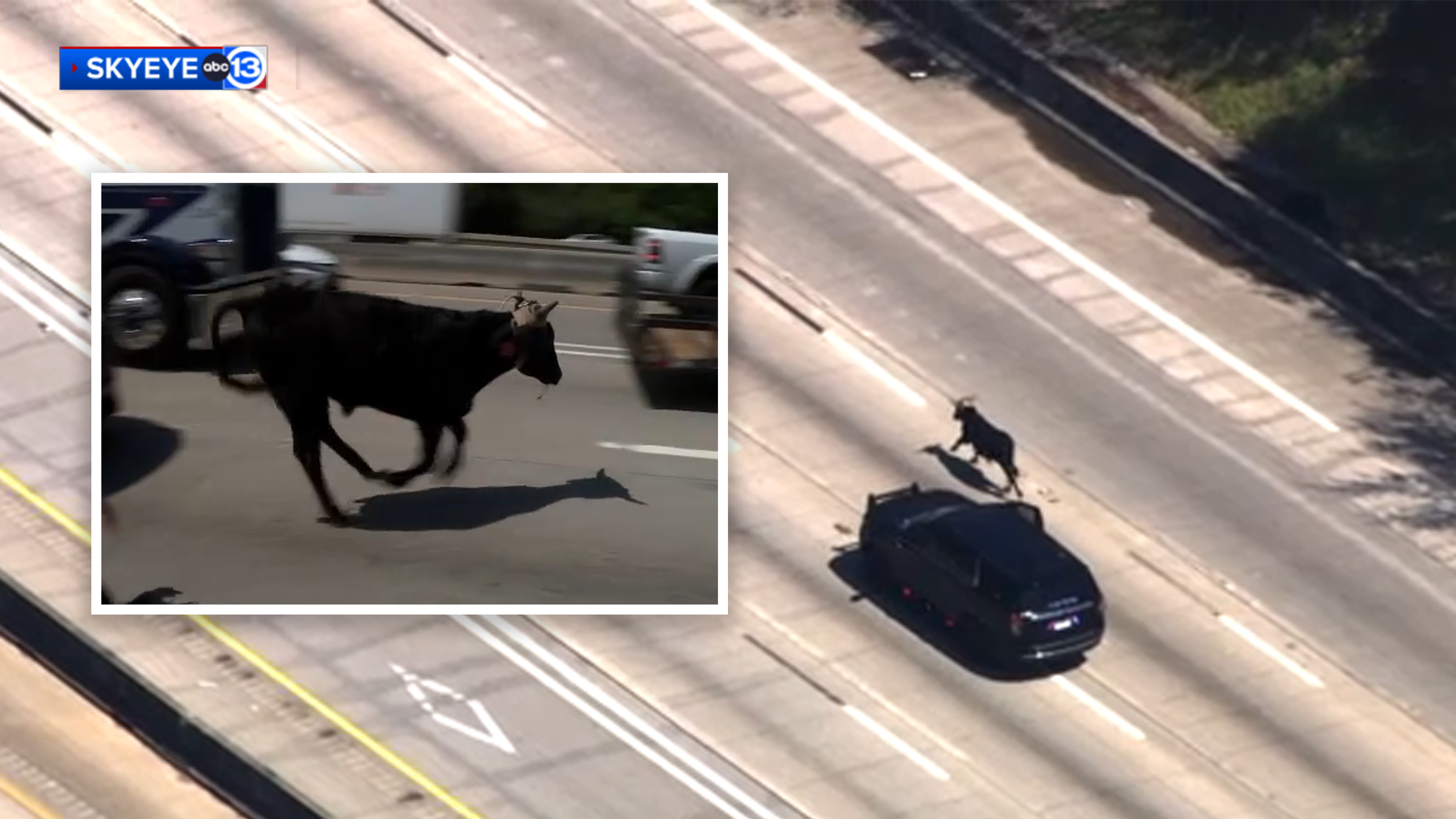FCC advances proposal for a new emergency code for missing and endangered people
Native Public Media, a national organization that supports Indigenous radio and television broadcasters, led the effort.
The Federal Communications Commission (FCC) voted Thursday to adopt a proposal to create a new emergency alert that could help save the lives of many missing and endangered Indigenous people and others across the United States.
The new alert code would function like AMBER and Silver alerts, making it easier for public safety officials to use TV, radio, and cell phones to alert the public to cases of missing individuals.
The FCC will now seek public comment on the proposal before moving forward with a final vote to create the new alert code within the Federal Emergency Management Agency's Integrated Public Alert and Warning System (IPAWS). IPAWS provides notice of emergencies, including severe weather events and AMBER alerts, in all 50 states and US territories, according to FEMA .
It is the latest federal effort focused on the nationwide crisis of missing or murdered Native Americans, which advocates have long insisted is largely ignored by police, the media and the public, CNN previously reported.
American Indian and Alaska Natives "make up a significant portion of the missing and murdered cases," in the United States, according to the Bureau of Indian Affairs.
However, agencies have long struggled to accurately count and track the number of missing and endangered Indigenous people because of barriers like jurisdiction and a lack of funding and resources for tribal law enforcement, CNN previously reported.
FCC Chairwoman Jessica Rosenworcel said Thursday that the new code would "sound the alarm when adults are missing and endangered, to help raise awareness and support recovery."
"This is critical, especially for the indigenous women and girls who are at special risk," Rosenworcel said.
She also praised the Academy Award-nominated film, "Killers of the Flower Moon," for giving voice to the long history of violence against Native women.
"The cruel reality is that we continue to have a crisis of missing and murdered indigenous people, and it is especially acute for women and girls in Tribal communities," Rosenworcel said.
The goal is for the alert system to facilitate a more efficient and coordinated response across multiple jurisdictions, to locate missing people, according to the proposal.
Native Public Media, a national organization that supports Indigenous radio and television broadcasters, led the effort to establish the national alert code.
Loris Taylor, CEO and President of Native Public Media and a member of Arizona's Hopi Tribe, told CNN the hope is that the new alert code could standardize and streamline efforts between law enforcement, emergency responders and the public to locate a missing Indigenous person.
Taylor noted the alert could have helped her family locate an uncle who went missing in 2013.
"Back in 2013, there was still this understanding that adults are adults, adults can go wherever they want at any time, to any place. And so there really wasn't a quick alarm about his disappearance," Taylor said.
The new alert code is meant to help locate all missing people over 17, who don't meet the criteria for an AMBER alert, Taylor said, adding it could help address the crisis of missing and murdered Indigenous people.
"The event code is for the nation, it just turns out that tribal communities have really high numbers. Our population is so small that the numbers are really high, and it's glaring. It's happening to Americans across the board," Taylor said.
Last Fall, the "Not Invisible Act Commission," a joint committee established by the Departments of Justice and Interior and composed of Tribal leaders, federal and local authorities, family members of missing and murdered people and survivors, issued a set of recommendations for how the federal government can address the longstanding crisis of missing and murdered Indigenous people.
The report found, among other things, that delays and a lack of coordination between Tribal, state and federal agencies often prevent investigators from being successful in solving cases involving missing or endangered American Indian and Alaska Native people.
The commission recommended that Congress and the DOJ launch a study to determine the value and impact of a new national alert system for missing Indigenous people and increase funding for Tribes to access and utilize the national alert system, the IPAWS.
Secretary of the Interior Deb Haaland and Attorney General Merrick Garland reaffirmed their departments' commitment to working with Tribal leaders to find solutions to the crisis, in a joint response last week.
"Addressing violent crimes against Indigenous peoples has long been underfunded and ignored, as a cause of intergenerational trauma that has affected our communities since colonization," Haaland said in a separate statement.
"This will ensure that epidemics like the Missing and Murdered Indigenous Peoples Crisis and Human Trafficking are addressed with the resources they demand," she added.
California, Colorado and Washington are among the states that have launched their own alert systems to assist in search efforts for an Indigenous person who has been reported missing.
CNN's Nicole Chavez contributed to this report.
The-CNN-Wire & 2023 Cable News Network, Inc., a Warner Bros. Discovery Company. All rights reserved.










